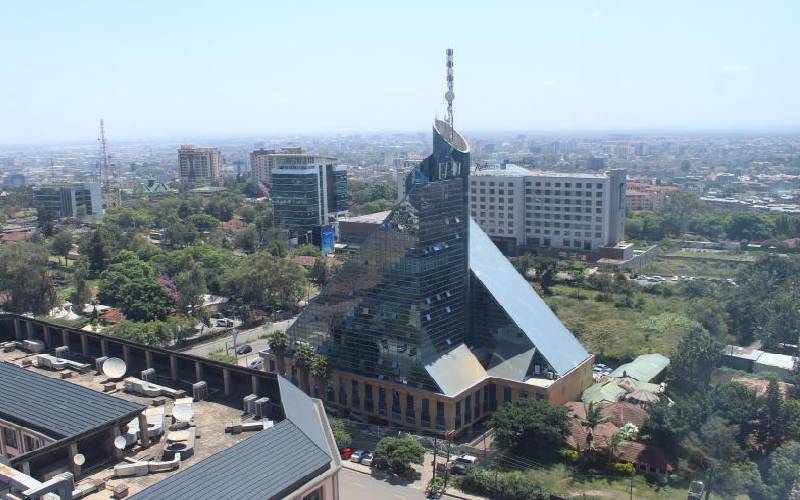
Nairobi distinguishes itself as a place of mystery, excitement and political mischief. It rarely has dull moments as would-be leaders use the city to weigh their political strengths.
While visiting the colonial Under-Secretary in 1907, Winston Churchill observed that every white man in Nairobi was the leader of a political party. At the time, a rising number of white settlers with their dreams of turning the territory into ‘white man’s country’ demanded a say in the running of the emerging colonial state. This led to the creation of the Legislative Council, initially as an advisory body to the executive.